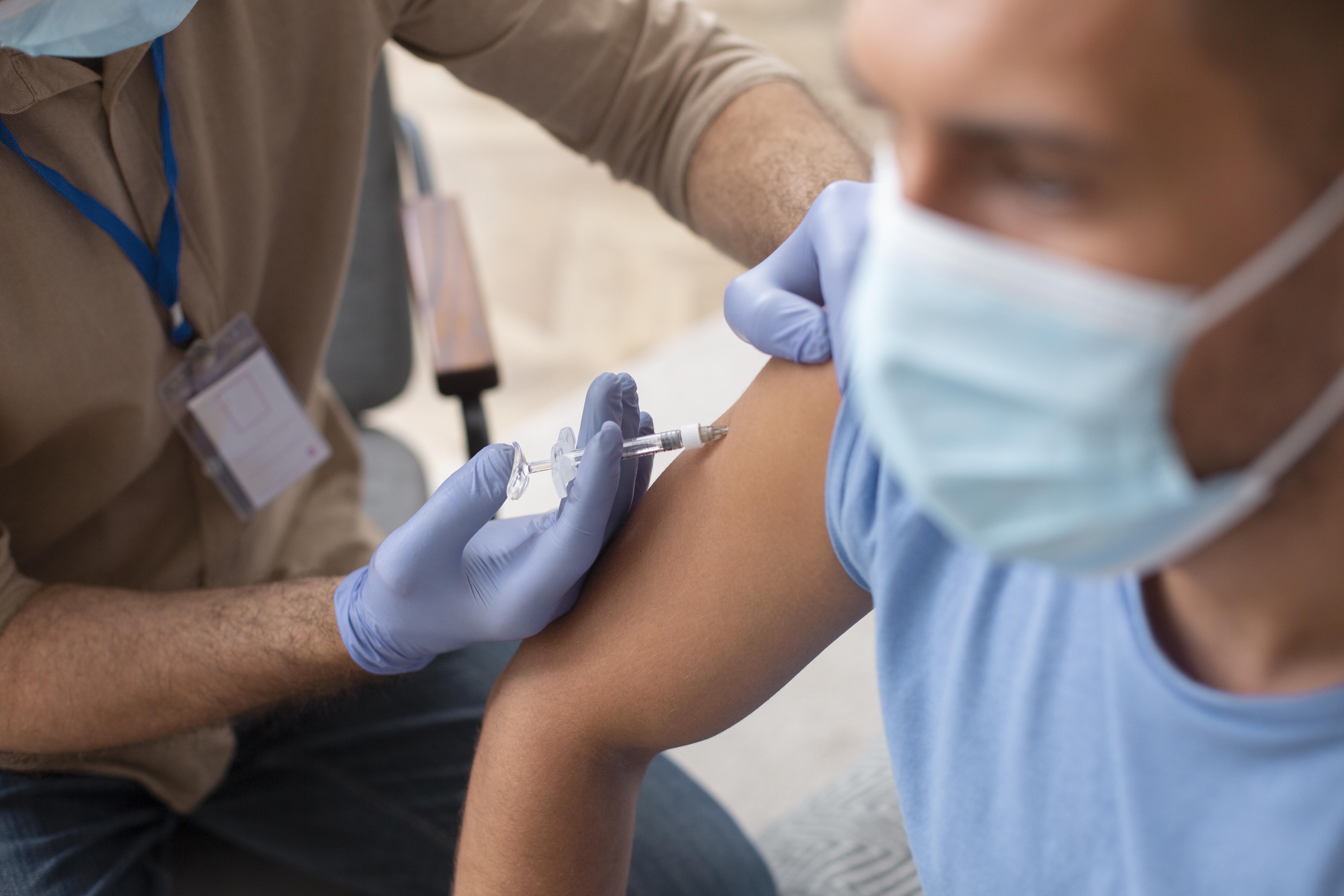
Vaccinations are a cornerstone of preventive healthcare, offering protection against a range of illnesses that can disrupt our lives. But when it comes to covering the costs, many people wonder: does health insurance have their back? In this blog, we’ll dive into the details of health insurance coverage for flu shots and vaccinations, answering common questions and providing tips to help you stay informed and healthy.
Flu Shots & Vaccination Insurance Coverage: FAQs
1. Are flu shots and vaccinations typically covered by health insurance?
Yes, most health insurance plans cover flu shots and other recommended vaccinations. Thanks to the Affordable Care Act (ACA), preventive services like immunizations are often covered at no cost—as long as you use an in-network provider.
However, some vaccines (e.g., travel vaccines like typhoid or yellow fever) may not be covered depending on your plan.
2. What’s the easiest way to find out if my insurance covers vaccinations?
- Review your benefits online: Check your insurance portal for “preventive care” or search keywords like “vaccination.”
- Call your insurance provider: Have your policy number ready and ask directly.
- Check the provider’s network status: Go to an in-network location to avoid surprise bills.
- Ask your healthcare provider: They often know what’s covered under common plans.
3. Can I go to any location to get my shots?
Not always. Most plans only cover vaccines given by in-network providers. These often include:
- Primary care physicians
- Pharmacies like CVS or Walgreens
- Public health clinics
Example: Blue Cross Blue Shield often partners with major pharmacy chains for coverage. Always confirm network status before your visit.
4. What happens if I’m uninsured?
- Community health clinics often offer free or reduced-cost vaccines.
- Retail pharmacies may run seasonal discounts on flu shots.
- The Vaccines for Children (VFC) Program provides free vaccines for eligible children under 18.
5. Is the COVID-19 vaccine still covered by health insurance in 2025?
Yes. COVID-19 vaccines remain a preventive service under most health insurance plans and are typically covered 100% at in-network providers.
6. Why should I bother with vaccinations if I’m healthy?
Vaccinations protect you and others. The flu shot, for example, reduces the risk of severe illness, hospitalization, or death. It also prevents spreading illness to vulnerable individuals like babies, seniors, and immunocompromised people.
Prevention also saves you money on potential medical bills, time off work, and treatment costs.
7. Are there common mistakes people make when getting flu shots or vaccines?
- Not verifying if the provider is in-network, leading to surprise bills.
- Waiting until peak flu season—early shots provide better protection.
- Assuming all vaccines are free—check for coverage on travel or optional vaccines.
8. How can I prepare for my flu shot appointment?
- Bring your insurance card.
- Confirm that the location is in-network.
- Wear a short-sleeve shirt for easy access to your arm.
- Book an appointment in advance if possible.
- Stay 15 minutes after the shot in case of rare allergic reactions.
9. What other vaccines should adults consider?
- Shingles vaccine: Recommended for adults 50 and older.
- Tdap booster: Protects against tetanus, diphtheria, and pertussis (every 10 years).
- Pneumococcal vaccine: For seniors or people with chronic illnesses.
Your healthcare provider or pharmacist can advise based on your age, lifestyle, and health status.
10. What else should I know about preventive care and insurance?
Preventive care services—like annual checkups, screenings, and vaccinations—are often fully covered by insurance when done through an in-network provider. Staying proactive keeps both your health and finances in check.
Final Thoughts
Taking time to schedule preventive vaccines and understanding your coverage can save money and stress. Whether insured or not, affordable options are available to help you stay protected. Prevention is powerful—especially when paired with the right knowledge!






